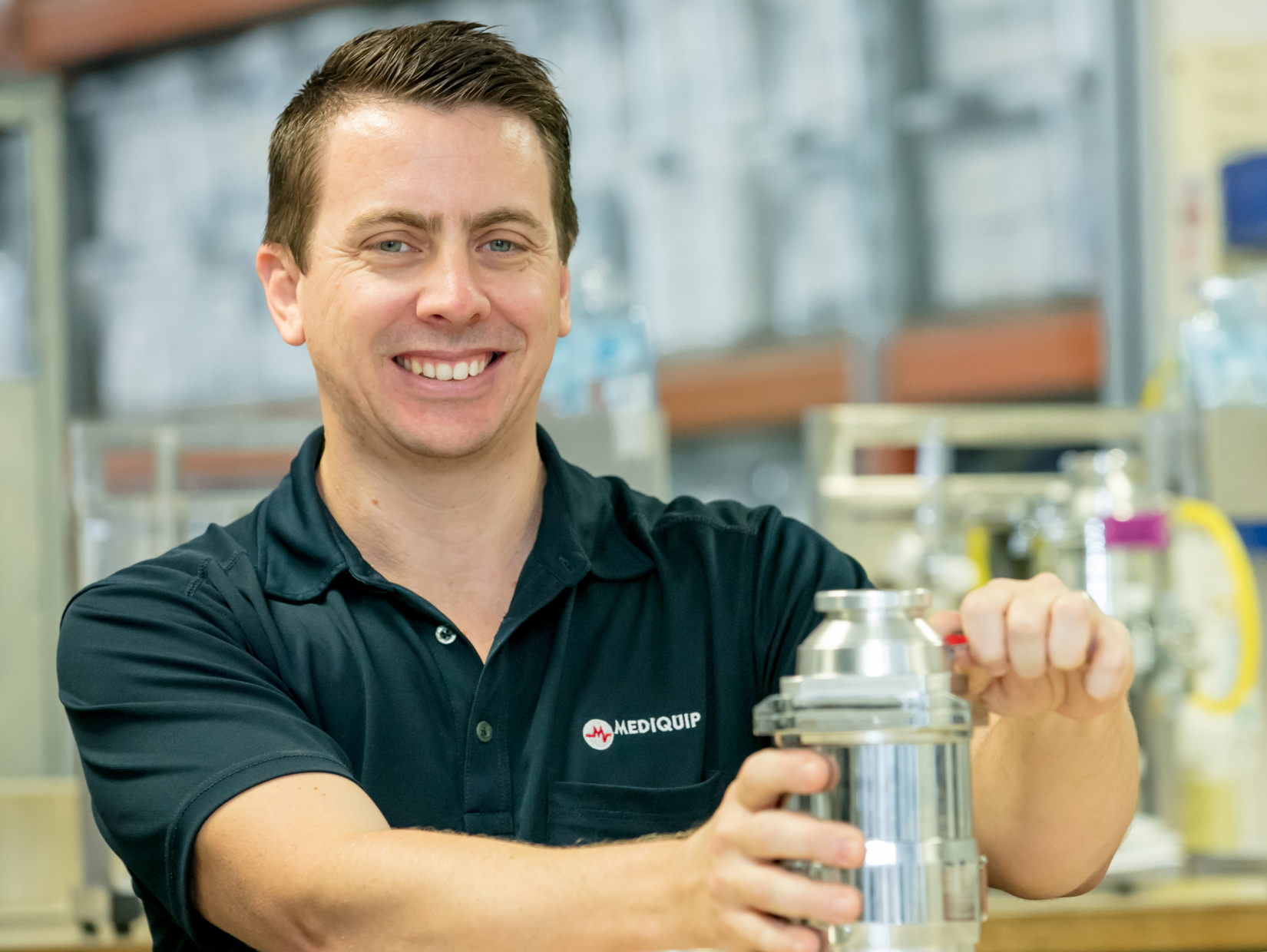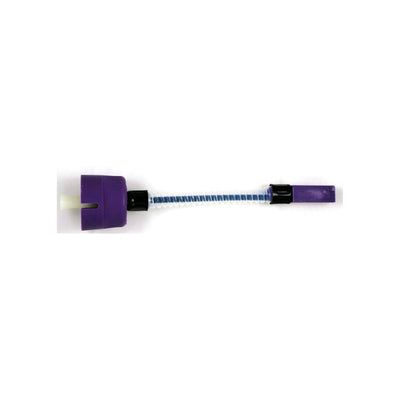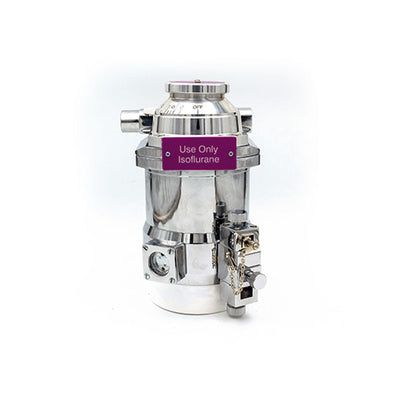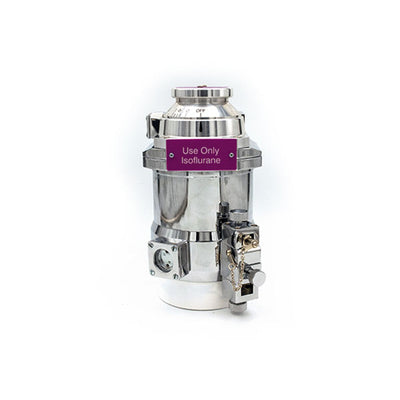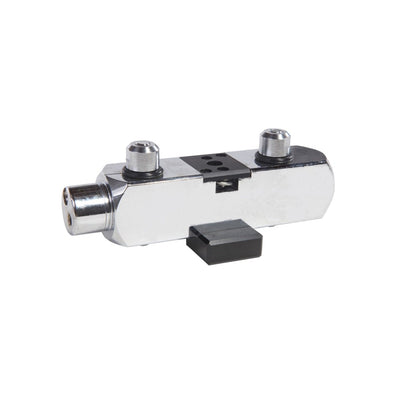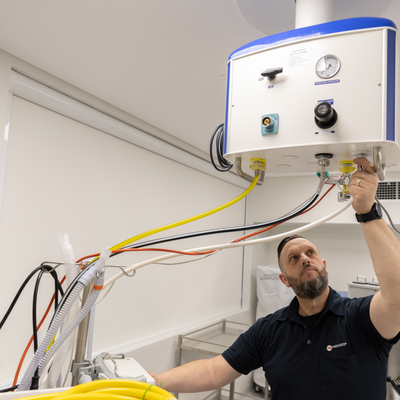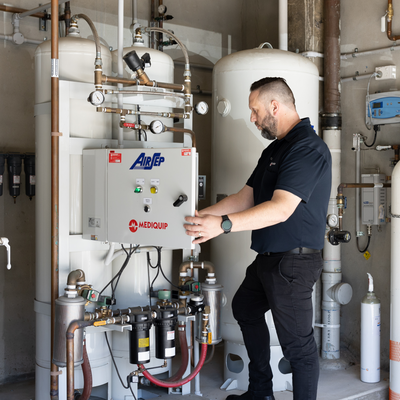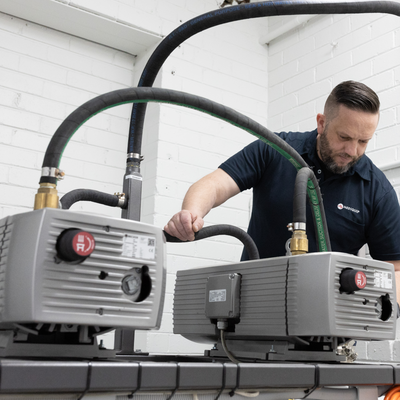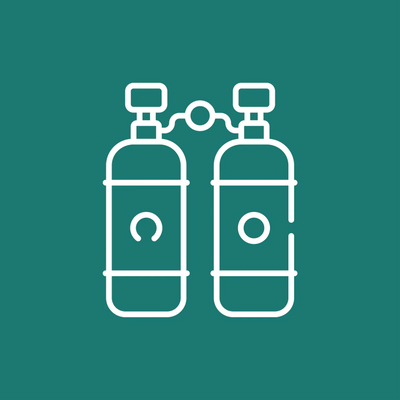Filter
4 products
Anaesthesia FAQs
There are so many options for anaesthesia equipment set ups that to get started, make a list of what capabilities you’re after and what you’ll use it for.
For what types of animals? Think about what sort of configuration will work best for your practice such as wall mount, benchtop, trolley or stand. Consider location for ease of use and circuit reach, scavenge requirements, and vaporiser mounting options such as selectatec or cage mount. MQ Vet, part of Mediquip, has been manufacturing anaesthesia machines for decades so can fully customise for your needs.
The main types of breathing circuits in veterinary anaesthetics are determined by the size of the animal. For large animals the circle breathing circuit is popular, and for small animals the Ayres-T breathing circuit.
An important consideration is the length and diameter of the circuit as this adds to the amount of ‘dead space’ and effort required for the patient to breath.
Breathing circuits should be replaced regularly to avoid deterioration over time which can cause possible circuit leaks and issues with your patient.
Anaesthesia machines are one of your most-used assets, and regular servicing can increase equipment life, reduce downtime, and maintain reliability. Also consider additional agent and oxygen consumption due to machine and vaporiser leaks, which can progressively add up to become expensive.
The machine’s vaporiser may be compromised with use over time due to deterioration of vital seals and components, creating potential for leaks which may be harmful to your staff and compromise anaesthetic effectiveness.
Manufacturer recommendation is that vaporisers be overhauled or exchanged every two years to maintain optimal performance. MQ Vet through Mediquip offers vaporiser overhaul plus a convenient vaporiser exchange program. With our vaporiser service centres in Sydney, Melbourne, Brisbane, Adelaide and Perth, your clinic can access local support, saving time and money.
The vaporiser is an integral part of your anaesthetic machine, required to deliver an accurate dosage of agent to your patient. It works by controlling vaporisation of anaesthetic agent from liquid, and delivering a given concentration to the fresh gas flow. Today’s vaporisers are temperature compensated, allowing the vaporiser to maintain accuracy in varying room temperatures.
Waste gases need to be managed properly to safeguard you and your team’s occupational health and wellbeing. A scavenging system collects and removes waste anaesthesia gases to avoid contamination of the work environment.
Gas scavenging systems collect waste gases from the exhalation valve of an anaesthetic circuit, absorber, or ventilator and duct them to a receiving system which is then exhausted to an open outside area.
Rather than options like charcoal cannisters where clinics have to keep ordering charcoal, more and more clinics are opting for professionally-ducted scavenging systems.
Systems can be as simple as a passive option through to a complex active system with suction applied, connected to many connection points within your practice – and mounted to the wall or the back of the anaesthetic unit.
It is important to note that passive systems have limitations to operate effectively − including limiting the scavenge hose length to a maximum of one to two metres that is vented directly to an outside wall in a position lower than the exhalation valve.
Given the many varying options for scavenging systems, obtaining specialist advice is important to get the right solution for your practice.
See more under scavenging systems.
